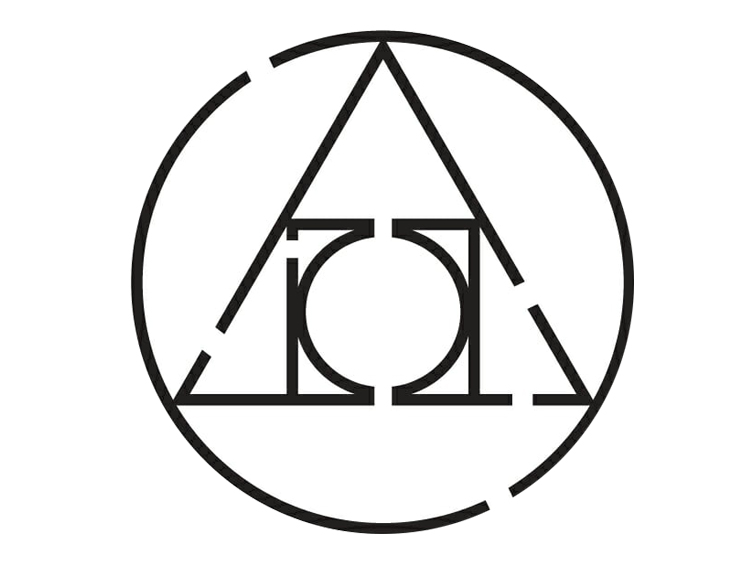Family Dinners: From my mother's pantry, by Suzanne Matar, Haifa
Palestine Hosting Society is collective that welcomes food enthusiasts, cooks, artists, researchers and those interested in the culture of food.
The collective aims to create a platform for food enthusiast to construct and reconstruct their relations with place, history, society and politics over food. Each member of this collective will be engaged in a personal research based on eating, reading, conversations, and thinking of culinary interventions, that unpack broader social concerns and limitations vis-à-vis contemporary political dilemmas that construct our nowadays Palestinian communities.
Food has always been a representation of class, time, and power. It creates a significantly different atmosphere for encounters to be happen. Sharing food puts on the table aspects of hospitality, distribution, exchange, familiarity and pleasure. A shared meal, can become a space of reflection for socio-political realities, attitudes, fashions of the time, and even the suppressed elements of history.
At the heart of the table where food is shared, the project becomes an inquiry into hospitality as the politics of opening up to others. It instigates questions such as what does it mean to open oneself up to another? What does the gesture of opening to the other involve? What is the stimulus of the time and place? Can hospitality become an act of aggression and class domination, or a manifestation of power? What new perspective can hospitality bring to our understanding of the social, ethical, and political problems?
Palestine Hosting Society is collective of food enthusiasts, cooks, artists, researchers and those interested in the culture of food.
The collective aims to create a platform for food enthusiasts to construct and reconstruct their relations with place, history, society and politics over food. Each member of this collective will be engaged in a personal research based on eating, reading, conversations, and thinking of culinary interventions, that unpack broader social concerns and limitations vis-à-vis contemporary political dilemmas that construct our nowadays Palestinian communities.


